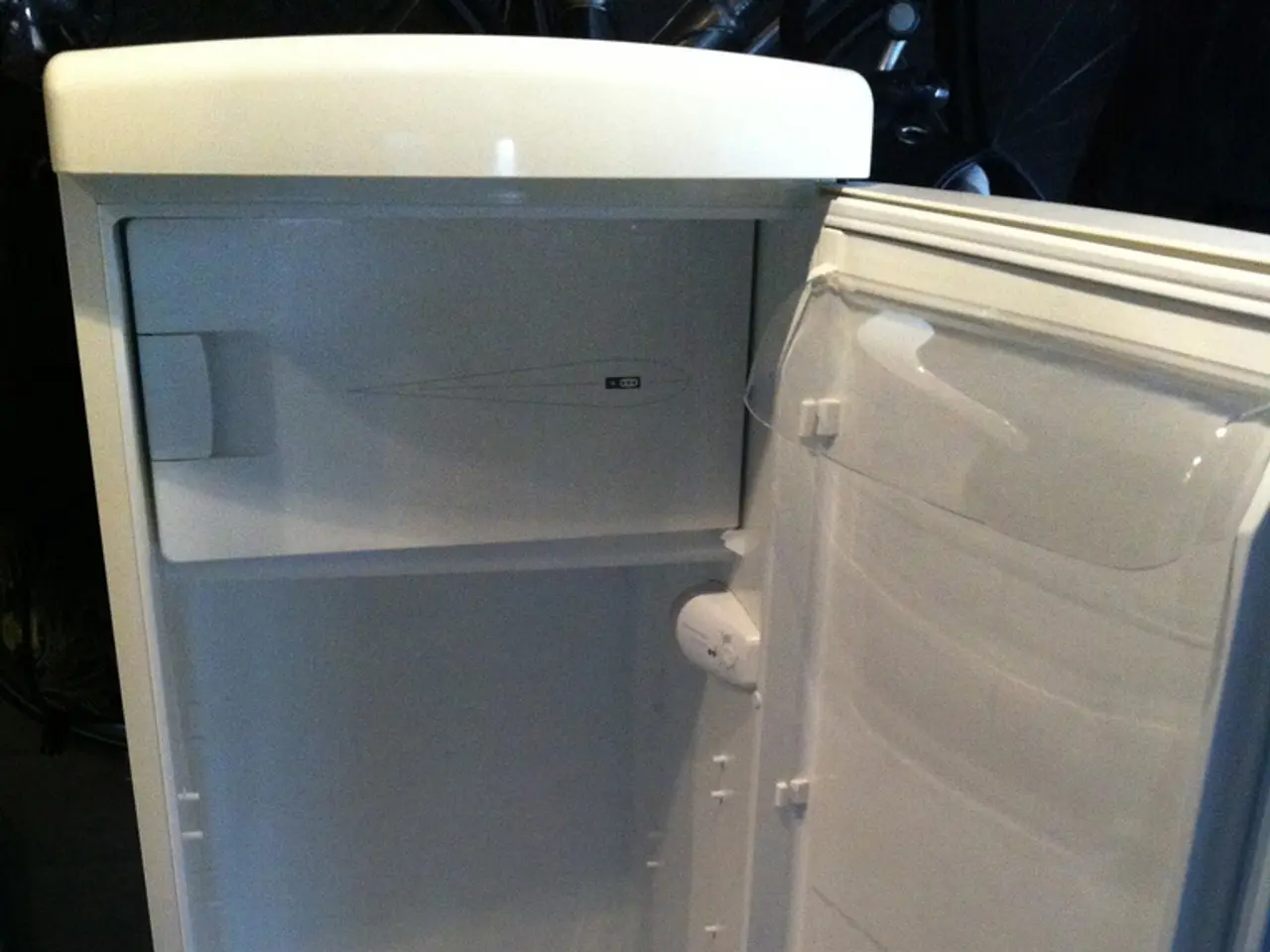Max Planck Scientists Advance Quantum Computers with Less External Control
Scientists at the Max Planck Institute for Quantum Optics in Garching, Germany, are making strides in developing quantum computers that require less precise external control. The team, led by José Antonio María Guzman and Yu-Xin Wang, is exploring methods for creating autonomous quantum gates on various platforms.
The researchers are focusing on three platforms: Rydberg atoms, trapped ions, and superconducting qubits. For Rydberg atoms, they propose using phase-locked PMLLs for pulse and timing control, enabling autonomous operation of Rydberg gates. Trapped ions can execute entangling gates with high autonomy using sculpted linear Paul traps or ring traps, serving as building blocks for more complex circuits. Superconducting qubits can implement both Z and XY gates with quantum autonomy using circuit quantum electrodynamics.
The team has demonstrated the feasibility of performing entangling gates on Rydberg atoms using Rydberg-blockade interactions or ultrafast transitions. Their work represents a significant advancement towards reducing the classical control needed for quantum computation, paving the way for a new generation of autonomous quantum machines (AQMs).
The research team's innovative methods for realizing quantum gates with minimal external intervention bring us closer to fully autonomous quantum computers. This breakthrough could significantly enhance the scalability and practicality of quantum computation, opening new avenues for technological advancements.








